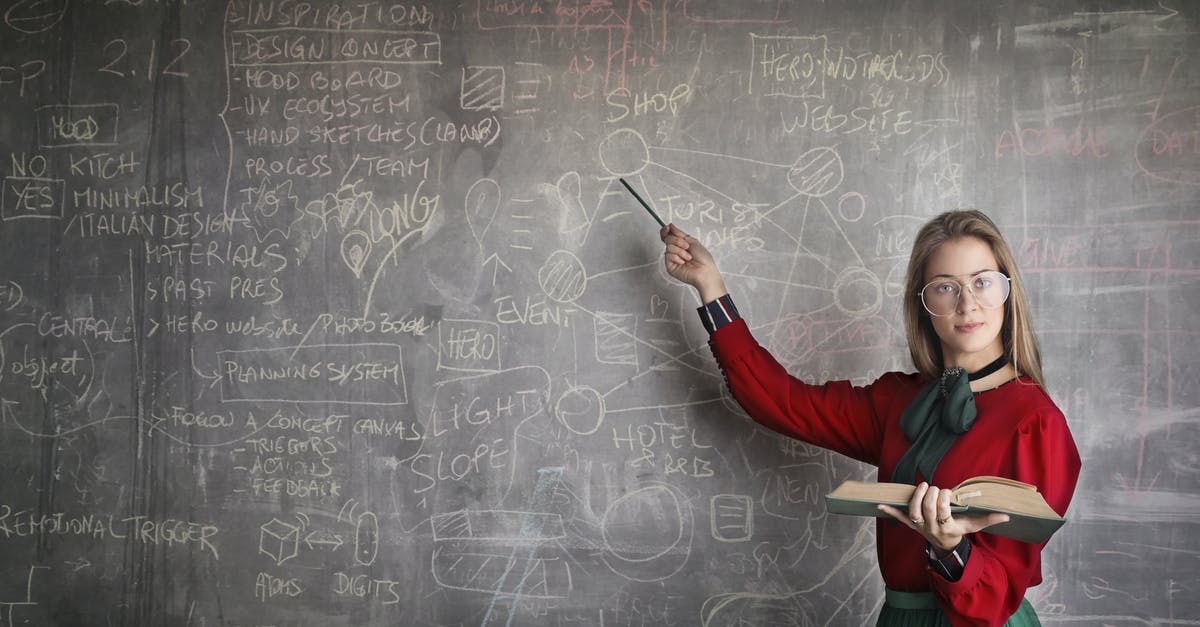Resources that explain the science of cooking?

I have been cooking for a while now, but its mostly what I picked up watching others cook. Now, I am an engineer by profession, and it seems there ought to be a reason for cooking food the way it is done.
I'm curious to understand the science of what's actually happening in cooking. Why it is that everything actually works the way it does?
What resources are there (books, websites, tv/video series) that explain the science behind cooking, as opposed to the art and trial-and-error process that it actually is in practice?
Note: new answers should be added to the existing community wiki answer. They should keep to the existing format: explain what the book is about, your general impressions, pros and cons, scientific depth, etc. No need for a full-page review but please explain your suggestion.
Best Answer
IMO, this really would have greater lasting value with a single detailed answer instead of a poll. Here's an annotated list of all the recommendations so far:
On Food And Cooking (Harold McGee) is all science at a very detailed level, combining food chemistry and biology and explaining the interactions between ingredients and the mechanisms behind various cooking methods. If you're looking for a pure science book, this is it.
Good Eats: The Early Years and Good Eats 2: The Middle Years by Alton Brown. His books are less technical/scientific than other authors and tend to focus more on application, making them more accessible to less hardcore cooks.
CookWise (Shirley O. Corriher). Written by a biochemist who has done a lot of consulting in the food industry. This is more practical than McGee and more technical than Alton's books. It also includes a ton of recipes, which can be a good thing or bad thing depending on your personal preferences. She has also written a baking version, BakeWise.
Molecular Gastronomy (Hervé This, translated by Malcolm DeBevoise). This is more of a niche book (about - surprise - Molecular Gastronomy) and as you might expect is a little French-centric. What's really great about this book is how it debunks a lot of popular cooking myths with actual controlled experiments and hard data. It wouldn't be my first choice to recommend to a Food Science newbie, but nevertheless a good one to add to your collection.
The Fat Duck Cookbook (Heston Blumenthal). Written by the founder of the Fat Duck Restaurant in the UK. It's about the history of the Fat Duck and has a big recipe collection (from the restaurant, obviously) and a section at the end dedicated to food science. This one's really for the advanced crowd as it involves a lot of molecular gastronomy, sous-vide and other esoterica - complex preparations, hard-to-find ingredients and unusual/expensive equipment.
Cooking for Geeks (Jeff Potter) is, as the title implies, written to appeal to geeks, and as such has a certain amount of science but tends to be quite a bit more basic as far as actual cooking technique goes. It's more "applied science." Honestly, I wouldn't recommend this for very experienced cooks, but it's great for getting into cooking and gaining an enthusiasm for it (if you're kind of a geek).
Cooking for Engineers is a web site, not a book, which has the obvious advantage of being free and searchable. It's hard to really define this as its scope is so wide, but I will say that I've found it to be a surprisingly useful and detailed resource whenever I need to find out something quickly.
What Einstein Told His Cook (Robert L. Wolke) is also mostly on the science itself but is written to be more accessible to the layperson. As one reviewer on Amazon put it, Wolke is like the Bill Nye of Food Science. One part science, two parts entertainment. Another member has criticized it for making unproven claims (particularly on nutrition).
The Cooks Illustrated annuals (from America's Test Kitchen) are less about the actual chemistry of food but do highlight a very scientific approach to cooking based on up-front research, experimentation and testing. See David LeBauer's Answer for a more detailed explanation.
The Science of Cooking (Peter Barham) focuses on the chemistry and physics of why some recipes work and some fail.
khymos.org - on the surface it's about molecular gastronomy, but you'll find much of the science of cooking (e.g. the chemistry behind "working" flavour pairings etc) on there too.
The Food Lab: Better Home Cooking Through Science (J. Kenji López-Alt) is a collection of detailed recipes, tips and explanations. It's written to be easily accessible to a chef without much experience.
Serious Eats is a website with both recipes and stories about how the recipes were developed (often with pictures of various attempts to compare how changing processes or ingredients affected things). Especially see the 'techniques' section of The Food Lab
Pictures about "Resources that explain the science of cooking?"



What is the science in cooking?
Cooking is chemistryCooking itself is really just chemistry. Heating, freezing, mixing and blending are all processes used in the laboratory and the kitchen. When we cook food, a myriad of different physical and chemical processes simultaneously take place to transform the ingredients (i.e. chemicals) involved.How do you use science while cooking?
When it comes to restaurant chefs, they are interested in using technology that will allow them to spend more time cooking, creating delicious meals, and working with their team....6 Popular Examples of Technology Used by Chefs- Smart oven technology. ...
- Bluetooth temperature sensors. ...
- Food safety management technology.
What technologies are used in cooking?
When it comes to steak, physics tells us to use the sous vide method: cooking the meat in a bag immersed in water held at a constant temperature. \u201cMeat, like other foods, has lots of different proteins and each one of these proteins changes its shape at some specific temperature; that's called denaturing,\u201d she says.The Science of Cooking :: Episode 2 :: Atomic Ingredients
More answers regarding resources that explain the science of cooking?
Answer 2
The "Cooks Illustrated" annually bound set of issues, all years, with comprehensive index.
We have the set at home and it is the first place that I turn when I want to find a recipe. The reason I find them so valuable is that each recipe is developed using the scientific method.
The authors (America's Test Kitchen/Cook's Illustrated editors) present a hypothesis, usually to make recipe x. They clearly state the particular outcome sought (flavors, textures, ease, ingredients, etc).
Their methods are to first research available recipes, then to explain the range of ingredients, tools, and steps used in the recipes. They choose a few key variables to explore in the recipe and then performs a series of experiments in which these are varied. The finished products are taste-tested.
Results include descriptions of the effects of the different variables on the finished product and a detailed recipe, often with alternate options. I don't think that I have ever been disappointed or surprised by the final result because of the thoroughness of the explanation and testing.
In the past few years (well after this answer was originally written), Cooks Illustrated / America's Test Kitchen has published more cookbooks around particular topics, such as gluten free, sous vide, multi-cookers and pressure cookers. These cookbooks have introductions that explain some of the issues around the topic and some of the changes that needed to be made.
They also released specific 'science' books in 2012 and another in 2016:
Answer 3
There's a class/club at UCLA devoted to this. Their blog is pretty good and has links to more resources:
Sources: Stack Exchange - This article follows the attribution requirements of Stack Exchange and is licensed under CC BY-SA 3.0.
Images: Ivan Samkov, Andrea Piacquadio, Katerina Holmes, Katerina Holmes
